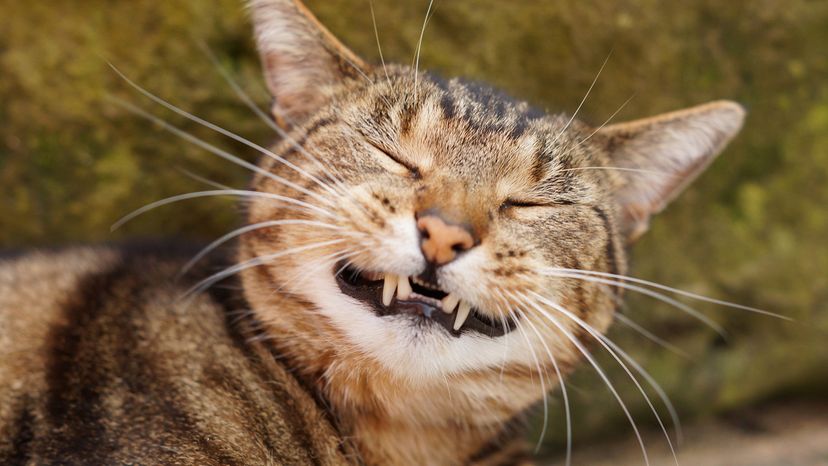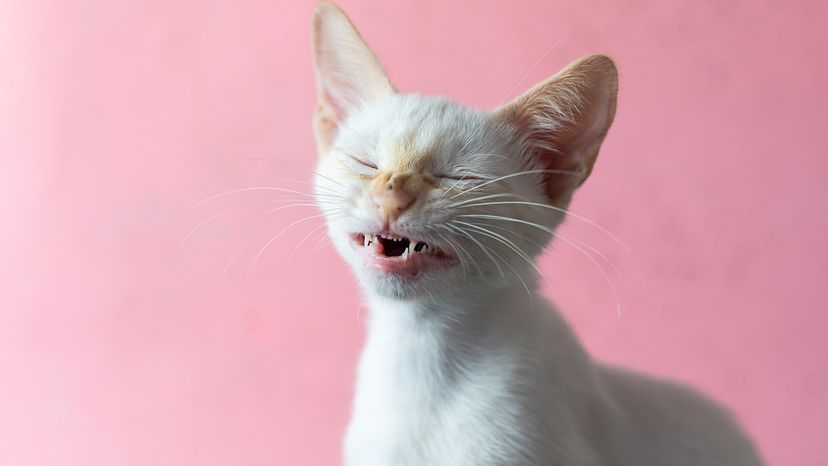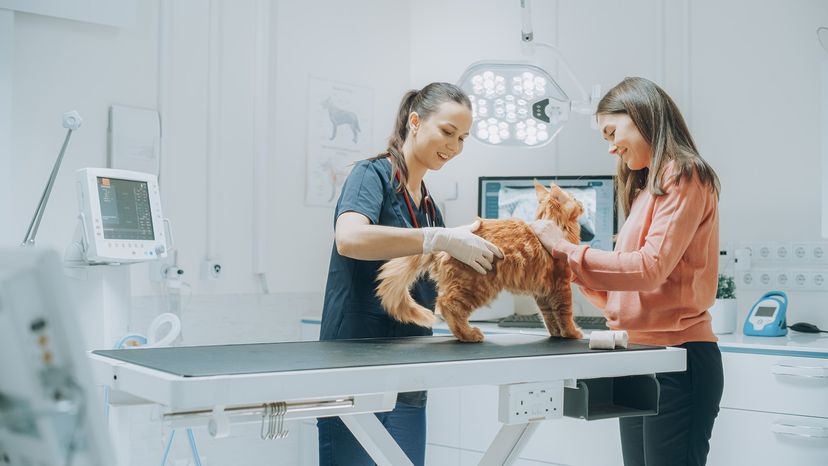
You're here because you want to know, "Why is my cat sneezing?" If you've noticed your cat sneezing more than usual, you might wonder if it’s something serious or just a tickle in the nose.
While an occasional sneeze is no big deal, frequent or persistent sneezing in cats can point to an underlying issue that needs attention. Let’s break down why cat sneezing happens and when it’s time to talk to your vet.
Advertisement

